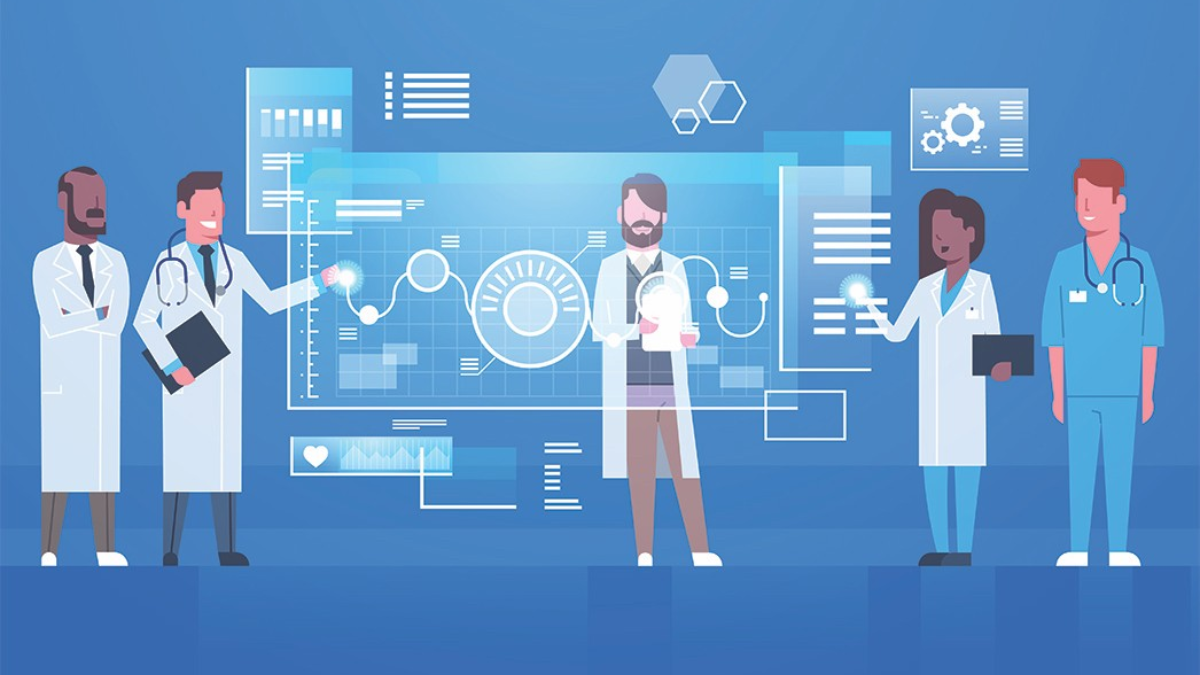Technology has transformed the healthcare sector, and modern hospitals now rely heavily on advanced systems for diagnosis, treatment, monitoring, and administration. From robotic surgeries to artificial intelligence, technology ensures that patients receive accurate, efficient, and personalized care. Hospitals that adopt new technologies not only improve patient outcomes but also enhance their efficiency and reputation.
Importance of Technology in Hospitals
- Accurate Diagnosis: Imaging, AI, and digital tools detect diseases faster.
- Better Treatment Options: Robotic surgeries and minimally invasive methods reduce risks.
- Efficient Monitoring: Real-time patient tracking improves safety.
- Faster Communication: Doctors and staff coordinate better through digital systems.
- Patient Records: Electronic Health Records (EHRs) make data easily accessible.
- Improved Hospital Management: Technology reduces paperwork and waiting times.
Types of Technology Used in Modern Hospitals
1. Diagnostic Technology
- MRI, CT scan, and ultrasound machines.
- AI-assisted software for quick detection of diseases.
2. Surgical Technology
- Robotic-assisted surgeries.
- Minimally invasive laparoscopic instruments.
- Laser surgeries for precision.
3. Monitoring Technology
- Smart ICU monitors.
- Wearable health trackers.
- Remote patient monitoring systems.
4. Administrative Technology
- Electronic Health Records (EHRs).
- Hospital Management Systems (HMS).
- Appointment scheduling apps.
5. Communication Technology
- Telemedicine platforms for virtual consultations.
- Video conferencing for doctor collaboration.
- Patient portals for easy access to reports.
6. Laboratory Technology
- Automated lab equipment for faster results.
- Genetic testing tools for personalized treatment.
- AI-based pathology analysis.
Role of Technology in Patient Care
- Early Detection: Diseases like cancer can be detected at an early stage.
- Safer Surgeries: Robotic technology reduces errors.
- Continuous Care: Remote monitoring helps chronic patients.
- Faster Recovery: Minimally invasive methods mean less pain and quick recovery.
- Holistic Approach: Digital tools track both physical and mental health.
Benefits of Technology in Hospitals
- Higher Accuracy in Diagnosis and Treatment.
- Reduced Human Errors.
- Time-Saving for Doctors and Patients.
- Better Patient Experience and Comfort.
- Increased Reach through Telemedicine.
- Secure Data Storage with Digital Records.
Challenges of Using Technology in Hospitals
- High Cost: Advanced equipment is expensive.
- Training Needs: Staff must learn to use new systems.
- Maintenance Issues: Machines require constant servicing.
- Cybersecurity Risks: Digital records can be hacked.
- Technology Dependence: Over-reliance can reduce human touch.
Future of Technology in Hospitals
- Artificial Intelligence: More accurate predictions and faster diagnoses.
- Virtual Reality: Used for patient therapy and medical training.
- Robotics: Expanding from surgeries to nursing care.
- 3D Printing: Custom implants and prosthetics.
- Nanotechnology: Targeted drug delivery and advanced cancer treatments.
- Blockchain in Healthcare: Secure patient data storage.
FAQs on Role of Technology in Modern Hospitals
1. How has technology improved hospitals?
It has made diagnosis faster, treatments safer, and patient care more efficient.
2. What is the role of AI in hospitals?
AI helps in diagnosis, drug research, and patient monitoring.
3. Are robotic surgeries safe?
Yes, they are more precise and reduce risks compared to traditional surgeries.
4. What is telemedicine?
It is the use of technology for online doctor consultations.
5. Why are Electronic Health Records important?
They store patient history digitally for easy access and accuracy.
6. How does technology improve patient experience?
By reducing waiting times, offering remote care, and ensuring personalized treatment.
7. What are the risks of technology in hospitals?
Cybersecurity issues, high costs, and the need for skilled staff.
8. Can small hospitals use advanced technology?
Yes, but they may adopt cost-effective and simpler tools first.
9. Will technology replace doctors?
No, it will support doctors but human care cannot be replaced.
10. What is the future of hospital technology?
AI, robotics, nanotech, and 3D printing will dominate future healthcare.

